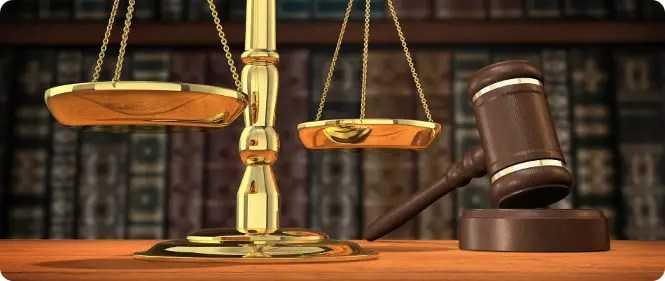Learn more about history with this collection
Leonardo da Vinci's creative process
How to approach problem-solving like da Vinci
The importance of curiosity and observation
History Of The Judiciary: Trial By Ordeal
The Judicial system is over a thousand years old, taking over from the royal Kings courts prevalent in the era.
Early courts in medieval times used the dangerous ‘Trial By Ordeal’ method,where the accused would be forced to get their hands burnt, and if the person healed in three days, he was considered not guilty.
The _Water ordeal w_as equally brutal and baffling, where the accused would be tied up and put in water. If they sank, they were innocent, and if they were guilty, they would float.
8
77 reads
Trial By Combat
Early courts had a trial by combat where a fighting championship was organized with candidates from both the parties, with the prize being the disputed money/property.
This unconventional and controversial method was banned in the early 19th century.
4
30 reads
The Earliest Judges
The very first judges after courts became independent were in the 12th century, selected from King’s court judges and those who had administrative and judicial jurisdiction.
Henry II established the first first jury of 12 local knights in order to settle land disputes. The Court of Common Pleas was initiated in the year 1178, in order to hear the complaints of citizens.
5
22 reads
The First Professional Judges
Martin de Pateshull was one of the finest lawyers of England and became the Justice of the bench in 1217.
Advocates who practised at the Court of Common Pleas and eventually graduated to the post of professional judges, the first one being Lawrence de Brok in 1268.
Bribes and under the table payments were quite common in the 13th century, though they were under oath not to accept gifts or rewards. The salaries of judges were increased to curb bribery.
5
20 reads
The Magistrate Court And The Politics Of the 14th Century
The first magistrate court in England and Wales evolved in the late 13th century. The proliferation of courts resulted in a lot of political interference, resulting in an upheaval in the year 1387, when six judges were sentenced to death, with one execution.
5
24 reads
The Turbulent Years Of The 15th Century
The 15th and 16th century saw a lot of exclusions, removals and clashes between the Kings and the law makers. The judiciary became more and more independent, with an increase in salaries in the 17th century.
The tension between the preferences of the King and the judgements of the judiciary were still present, until 1701 when new laws were set up to prevent judges being removed from office.
4
17 reads
The Common Law System
- The 18th century saw many developments and enhancement in the roles of judges, but the judiciary system was still slow and prone to corruption.
- The cases were gradually shifted to the King's council, which consisted of an individual: The Lord Chancellor.
- Slowly the same problems came to plague the Court of Chancery, which had become a rival to the previous law courts.
- Further changes using the Law Terms Act in 1830 lead to the setting up of the Central Criminal Court, which was a one-stop-destination for the London area.
- County courts were set up in 1846 for the handling of civil cases.
5
14 reads
The Crown Court
Crown courts, that is the modern court, were established in 1956 in Liverpool and Manchester. The role of the Lord Chancellor changed significantly as late as 2006 due to the Constitutional Reform Act of 2005.
In the present times, the judiciary in the United Kingdom is recognized as an independent entity, not influenced by the government, at least officially.
4
17 reads
CURATED BY
More like this
6 ideas
4 ideas
The Napoleonic Code | History of Western Civilization II
courses.lumenlearning.com
Read & Learn
20x Faster
without
deepstash
with
deepstash
with
deepstash
Access to 200,000+ ideas
—
Access to the mobile app
—
Unlimited idea saving & library
—
—
Unlimited history
—
—
Unlimited listening to ideas
—
—
Downloading & offline access
—
—
Personalized recommendations
—
—
Supercharge your mind with one idea per day
Enter your email and spend 1 minute every day to learn something new.
I agree to receive email updates

